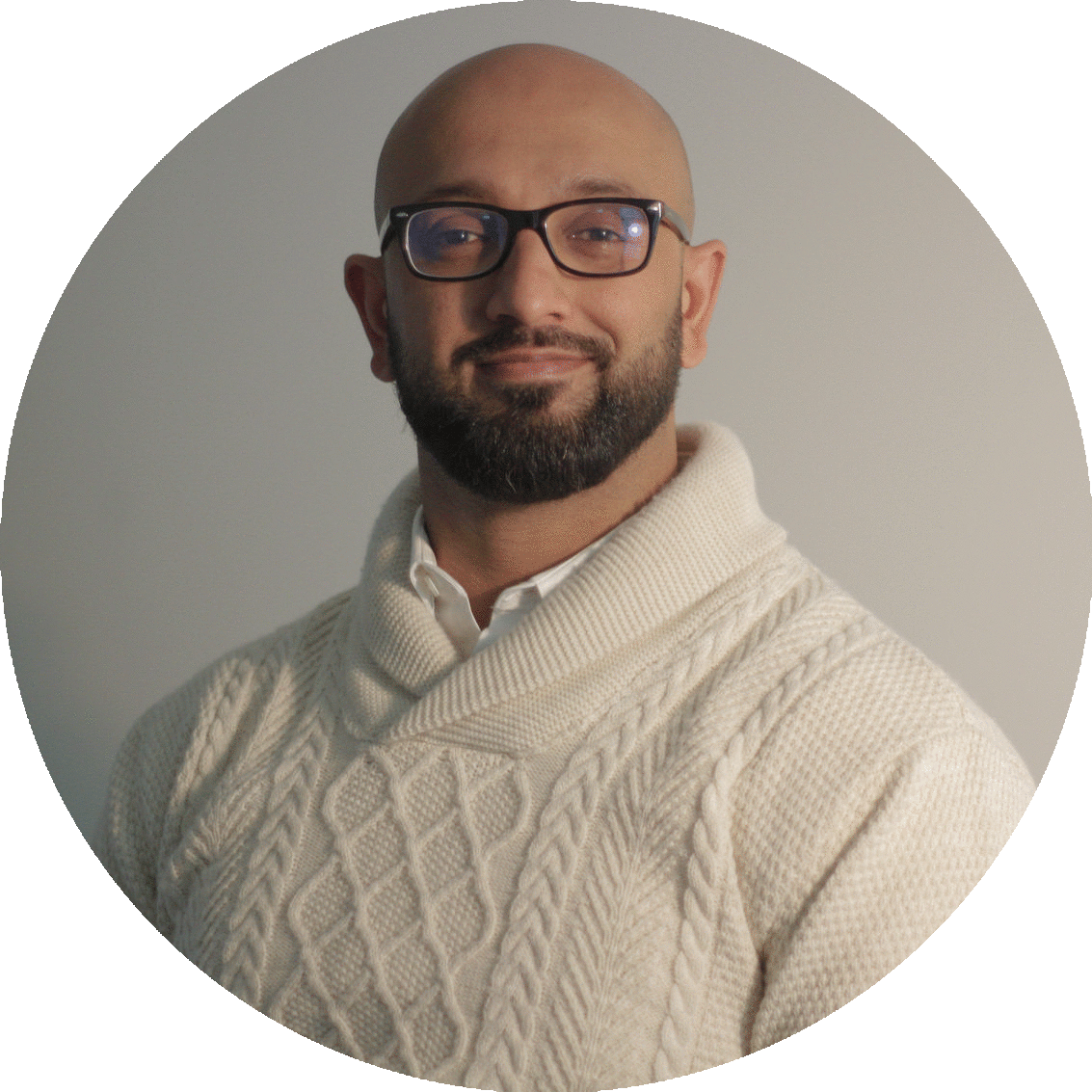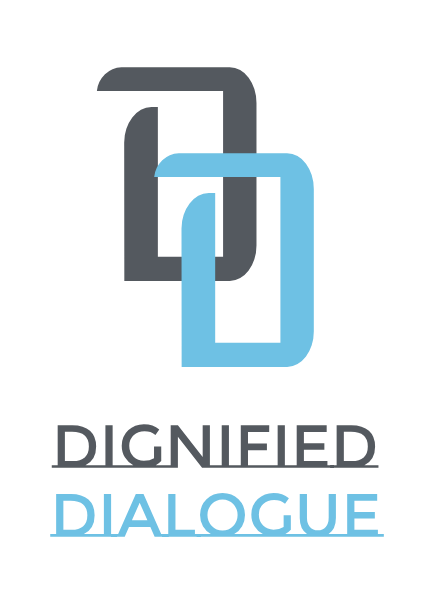Whether it be a tragic loss of a loved one or a disconnect from a spouse, child or colleague, I have yet to meet a single human being who has not had his/her share of ‘hard hits’. I am certainly no exception to this.
Having been born and raised in western Canada by immigrant parents, I struggled to find my purpose, identity and sense of belonging. Even at an early age, I was given the (albeit unsolicited) opportunity to build resiliency when I was tried with numerous emotional and health-related challenges, all within a home that was anything but peaceful. Yet it wasn’t until I was well into my 30s that I would discover what dignity, purpose and meaning entailed for myself.

Jamil
Popatia
Why Dignified Dialogue?
Dignity means to honour one’s truth and live by it. A sense of self-respect, even pride in oneself captures the essence of dignity for me. In discovering and pursuing dignity, I have found my own purpose from which I derive meaning and fulfillment: to serve and support others in defining and discovering dignity for themselves.
I have spent years exploring, learning, teaching and facilitating nonviolent ways of addressing interpersonal conflict. As a Counsellor, Mediator and Nonviolent Communication Trainer, my passion is about balancing empathy with authenticity in all our interactions. Such dialogue, whether with oneself or others, is therefore dignified to the extent that it is true to compassion and connection.
Nonviolent Communication is a way to connect with oneself and others through awareness of feelings and emotions (e.g. fear, fulfillment, pain, pleasure) and universal needs (e.g. autonomy, freedom, affection, companionship). It is a language of life. I have personally experienced the incredible joy and satisfaction of connecting with others through Nonviolent Communication, even with – especially with, those with whom I disagree!
